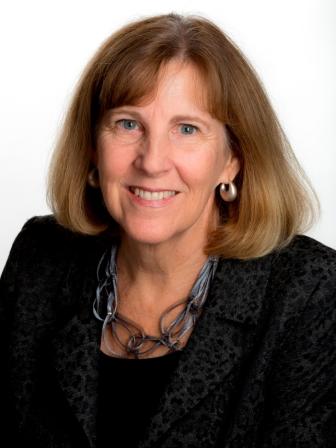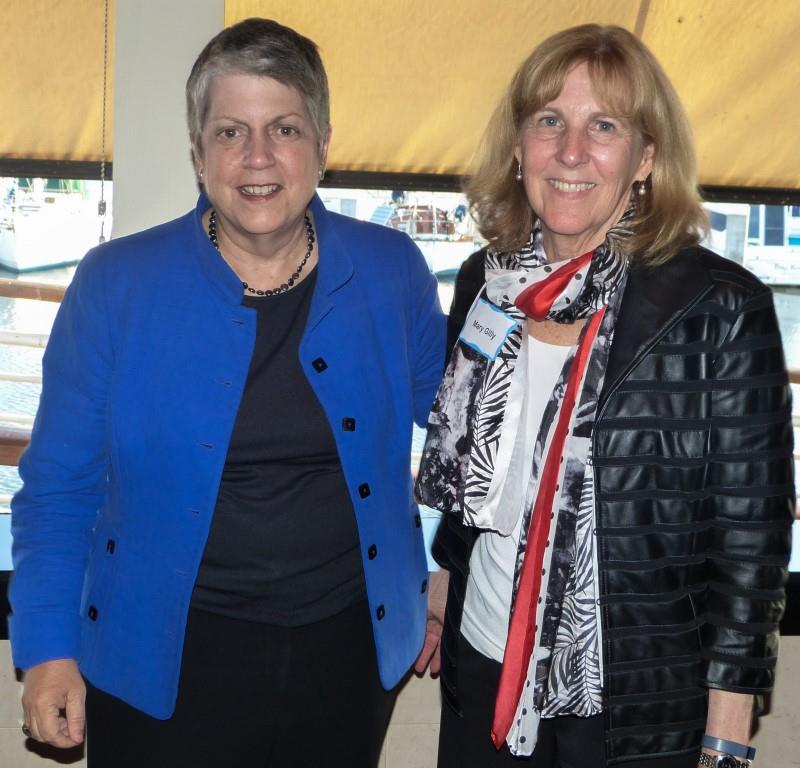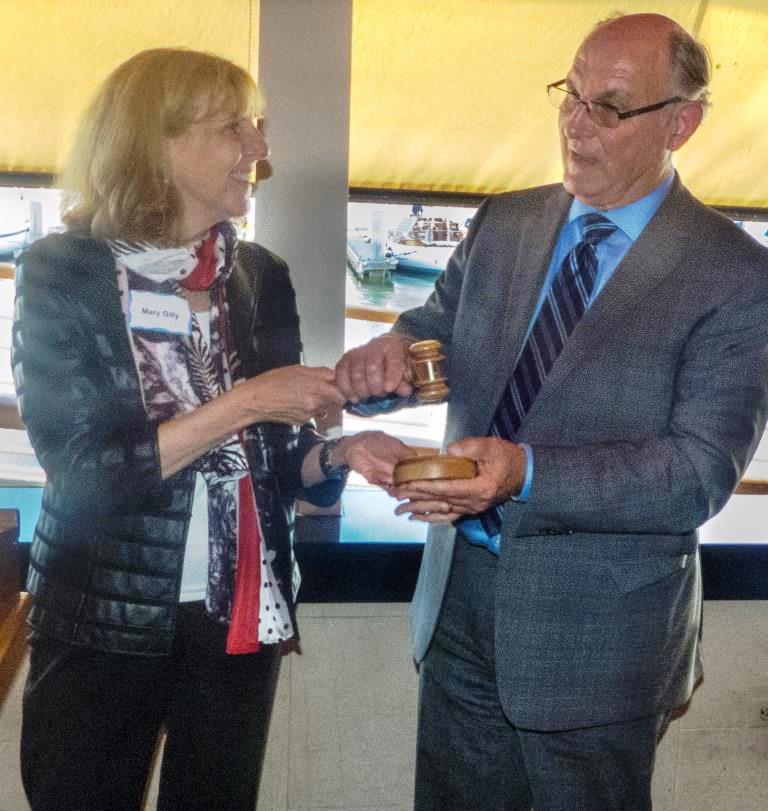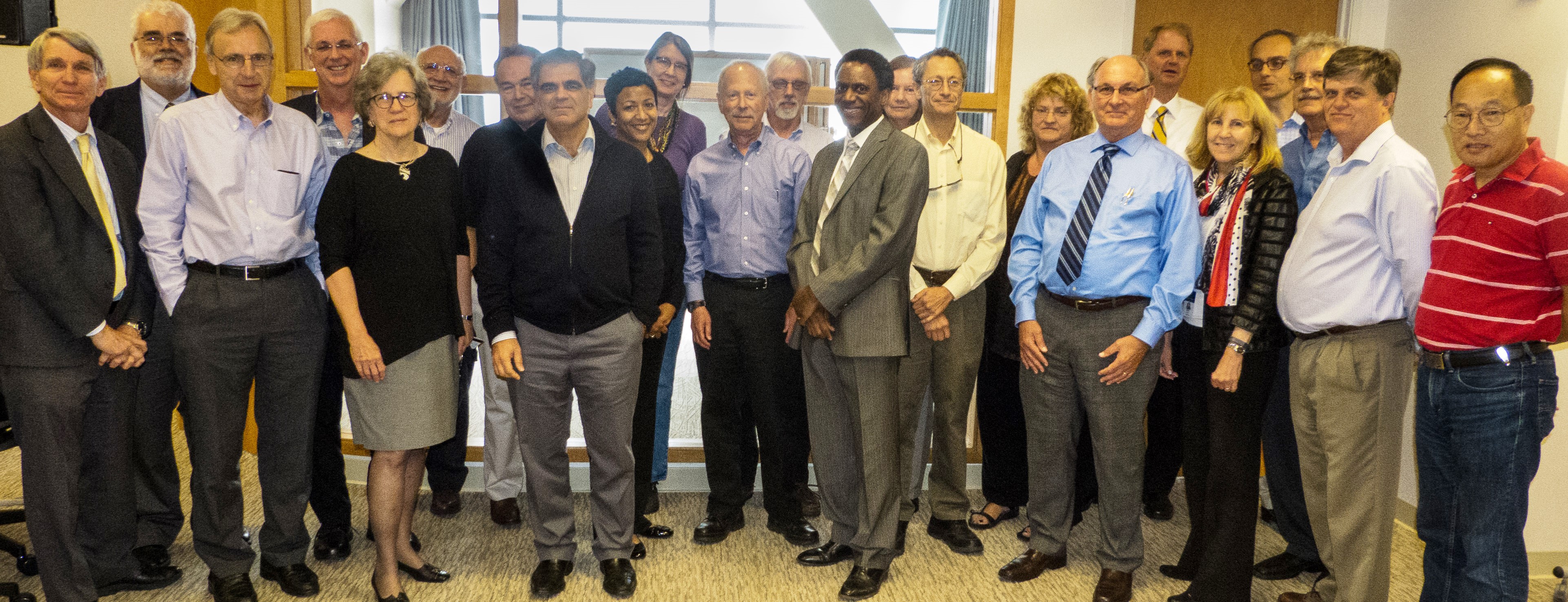August 2015
 NOTES FROM THE ACADEMIC SENATE CHAIR
NOTES FROM THE ACADEMIC SENATE CHAIR
MARY GILLY
Dear Colleagues,
It has been quite a year, with the University of California under the microscope in Sacramento and in news outlets here and around the country. The budget process started in November when the Regents approved a budget that would have increased tuition by up to 5% in each of the next five years. It ended with a budget that, while better than the 4% increase the Governor had originally offered (without a tuition increase), micromanages UC in unprecedented ways. Without continued Academic Senate vigilance, UC is in danger of diluting its excellence in the name of efficiency as envisioned by State political leaders.
The Budget Framework asks UC to implement a number of new programs, many of which are in the Senate’s academic purview. For example, the Senate must be the one to review major requirements with the goal of reducing upper-division units in the major to 45 where possible, complete systemwide transfer preparation pathways for 20 top majors, propose and evaluate online options for gateway courses, examine policies on Advanced Placement and College-Level Examination Program tests, and consider adopting the Course Identification Numbering (C-ID) system. And while several other programmatic commitments are not under direct Senate authority, they have implications for faculty. We are happy to re-evaluate some of our procedures and programs and consider changes that may improve access and efficiency, but we will not endorse changes that diminish the quality of a UC education.
The Framework also depends on UC’s commitment to changing the UC Retirement Plan for future employees; however, we must avoid changes that affect the behavior of future UC hires in ways that damage quality. UC’s Defined Benefit plan has helped UC attract and retain young, innovative faculty members, and its assured retirement income has encouraged their retirement at an appropriate time. By contrast, a more portable Defined Contribution plan could encourage young faculty to leave as they become more prominent and begin to receive competing offers, and it provides no financial incentive to employees to move from active service to retirement. As UC considers the parameters of the new UCRP options, it needs to assess not only cost factors but also the effect on faculty employment patterns that may harm the University. Fortunately, the Retirement Options Task Force has four Senate members who have extensive experience with pension and faculty welfare issues. Their goal will be to make any changes as attractive as possible to faculty.
Throughout the past year, I have spoken at Regents meetings about our shared value of excellence, how much of California’s excellence is rooted in the University of California, and how faculty are the key to the excellence of the University. UC faculty members have received 62 Nobel prizes and 61 National Medals of Science. As of June, 2013, UC faculty included 61 MacArthur “Genius” Grant recipients, 286 members of the National Academy of Sciences, and 410 members of the American Academy of Arts and Sciences. What attracts that caliber of faculty to UC?
 |
UC serves as an incubator of intellectual excellence for its undergraduate and graduate academic and professional students. The Sacramento Bee calls the University of California “an academic treasure, a font of skilled workers, a research engine, a mission, a bargain, a shot at social mobility,” and in 2009, the New York Times called UC “a crown jewel of education.” Californians take justifiable pride in their University.
But what makes UC faculty among the very best? It is useful to look at the UC Academic Personnel Manual description of what UC expects from its professors: “Superior intellectual attainment, as evidenced both in teaching and in research or other creative achievement, is an indispensable qualification for appointment or promotion to tenure positions. Insistence upon this standard for holders of the professorship is necessary for maintenance of the quality of the University as an institution dedicated to the discovery and transmission of knowledge.” Meeting these high expectations is challenging, but they are known to anyone applying for a UC position, or being considered for promotion and tenure here.
These standards are a magnet for people who want to change the way we understand the world – whether in deep space, in microbes, or in the Central Valley. They mean that UC faculty will be supported to do their best possible work in research and in the classroom, that they will work with colleagues who are the best in their fields, and that they will teach students who are excited by new knowledge.
You can think of the University of California as a brand. UC Berkeley Professor Emeritus Dave Aaker is a guru of branding, marketing, and business—my fields. Professor Aaker says that the essence of a brand is the values and priorities it represents--what the organization considers important. Research indicates that people want to associate with organizations they respect and admire. For scholars who want to be the very best in creating and transmitting knowledge, UC represents the highest commitment to their values of intellectual achievement.
In November, the Los Angeles Times described the debate over UC funding as a “battle for UC’s soul.” They wrote, “At issue is whether the 10-campus system will continue to rank among the nation’s premier research universities, drawing top students and the best professors from throughout the world, or whether it will slowly shrink its ambitions, becoming a more utilitarian institution that concentrates narrowly on moving students to their bachelor’s degrees into the workforce quickly and efficiently.” I doubt that the Senate faculty could agree more.
But some people are now questioning UC’s emphasis on excellence. They say faculty only care about prestige, selectivity, and rankings. I would argue that faculty care about the attributes of UC that lead to prestige, selectivity, and rankings. We take pride in the quality of the research led by UC faculty and conducted with graduate and undergraduate students. We are pleased when our alumni and peers evaluate UC’s quality of education highly. The increasing selectivity of UC’s undergraduate admissions is a function of an increase in applications at a time when the state has not wanted to support increased enrollment. The faculty would prefer to accommodate more California residents, and we worry about the increasing faculty-student ratio not because it lowers our rankings but because it reduces the ability of faculty to connect with students as individuals.
 |
Senate Chair Gilly passes the chair’s gavel to Vice Chair Hare at the July 29 Council dinner |
The Budget Framework suggests that State officials believe UC should focus on processing undergraduate California residents as quickly as possible. While we do offer an excellent undergraduate education, it is only a part of UC’s excellence. I am concerned that an emphasis on speed and efficiency in the production of undergraduate degrees will change the UC brand. Faculty and students, who have sought to associate with the UC brand, may find other institutions that share their values for excellence in teaching, research and service if they perceive these values eroding at UC. We still have a lot of work to do to protect the stellar UC brand with necessary long-term investment in our faculty, students, and infrastructure.
The Senate accomplished a lot this year, despite the distraction of visits by Governor’s staff to Senate committee meetings. Committees reviewed new graduate programs, campus plans to address salary equity, a UC policy on Sexual Harassment and Sexual Violence, online courses, and draft guidelines for a pilot program to accept equity for access to University facilities or services.
The Transfer Pathways project was perhaps the Senate’s biggest accomplishment. As President Napolitano likes to say, “They said it couldn’t be done, but we did it!” Transfer was a systemwide problem that needed a campus-based solution. Many faculty were unaware of any problem because transfer students admitted to UC campuses perform as well as native freshmen. Once they became aware of the challenges transfers face in preparing for multiple UC campuses, discipline faculty got together to compare and adjust their already similar major preparation expectations to create common transfer preparation paths. I am grateful to the dedicated faculty and staff who participated in this process. We made some mistakes, but learned a lot, and I am optimistic that the process will progress more smoothly as Dan Hare and Jim Chalfant continue with the next 11 majors in October.
In my final address to the Regents, I urged the Regents to resist pressure to change UC into an undergraduate degree factory and instead garner support for all aspects of the research, teaching, and service missions that faculty embrace and for which they are rewarded. The University of California is a treasure because of our commitment to discovery. As faculty, our highest priority should be keeping UC an excellent research university.
Fiat Lux,
Mary
 |
2014-15 Academic Council members and alternates pose with UCOP senior administrators. From L: Bill Jacob (UCSB), Jim Chalfant (UCD), Gerry Boss (UCSD), Jeffrey Knapp (UCB), Aimee Dorr (UCOP), Joel Aberbach (UCLA), Gary Leal (UCSB), Farid Chehab (UCSF), Amani Nuru-Jeter (UCB), Tracy Larrabee (UCSC), Joel Dimsdale (UCSD), Bill Molzon (UCI), Ralph Aldredge (UCD), Lianne Brouillette (UCI), Jose Wudka (UCR), Jutta Heckhausen (UCI), Dan Hare (UCR), Nathan Brostrom (UCOP), Mary Gilly (UCI), Panos Papadopoulos (UCB), Don Brenneis (UCSC), Andre Knoesen (UCD), Jian-Qiao-Sun (UCM) |
